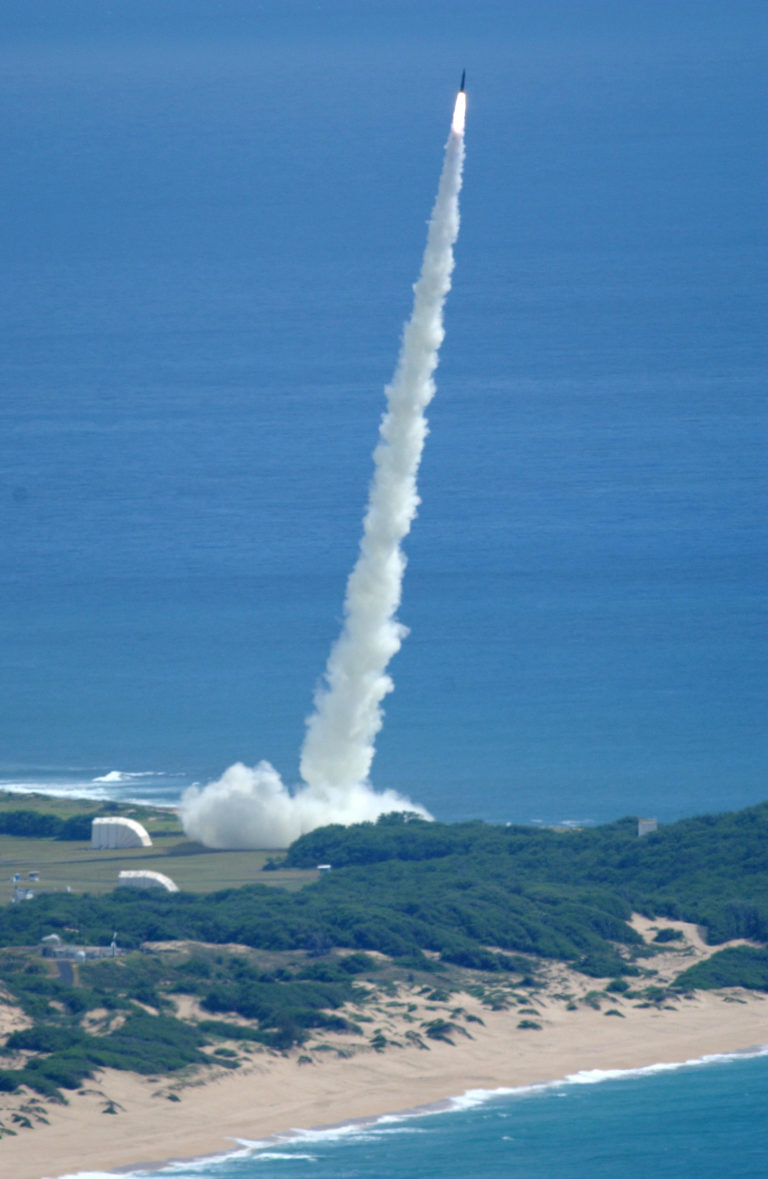by Hannah Stafford, News Editor
International eyes have been on North Korea since 2006 when it began conducting a series of nuclear weapons tests, but recent events have led to increased attention from several countries. CNN reported that on March 6, three of North Korea’s four immediate-range missiles that had been fired earlier that day landed less than 200 miles off of the Japanese coast. The Japanese government, which has been strictly pacifist since World War II, is now in negotiations to strengthen its defensive strategies against nuclear attacks.
“There are limitations [of our] ballistic missile defense if several missiles are fired,” said former Defense Minister of Japan Istunori Onodera. “Neutralizing an enemy base [and preventing the launch of] the second and third missiles is within the range of self-defense. It is not a preemptive strike.”
Onodera and Hiroshi Imazu, chair of the Research Commission on Security for the ruling Liberal Democratic Party of Japan, have submitted a proposal for defense to Prime Minister Shinzo Abe who also views this looming threat worthy of action.
“We assess that the threat [from North Korea] has advanced to a new stage, we take it seriously,” said Abe on March 30. “This assessment is shared by the United States.”
U.S. Defense Secretary Jim Mattis stated North Korea’s “reckless” actions needed to be stopped, according to Fox News.
“This is a threat of both rhetoric and growing capability, and we will be working with the international community to address this,” said Mattis at a news conference in London on March 31. “We are working diplomatically, including with those that we might be able to enlist in this effort to get North Korea under control. But right now it appears to be going in a very reckless manner.”
According to CNN, Japan is currently incapable of attacking North Korea on its own, due to a lack of equipment needed for a long-range strike. Any counterattack on North Korea would need to come from U.S. forces.
Carl Schuster, former director of operations at the U.S. Pacific Command’s Joint Intelligence Center, said, “They [Japan] can bomb anyone landing on one of Japan’s main islands…but they can’t strike Chinese or North Korean air bases or missile sites.”
On March 6, the day of North Korea’s most recent launch, the New York Times reported that President Trump had pledged support for Japan but had not specifically noted any sort of counterattack on North Korea.



